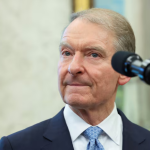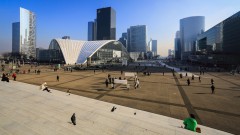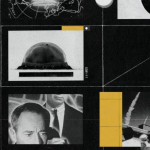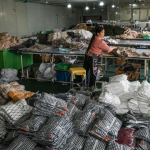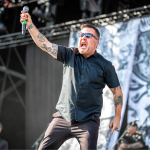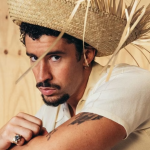Thailand and Cambodia on Sunday indicated their willingness to discuss the termination of official dispute on a deadly border fight after the intervention of the US President Donald Trump. The combat that is already on the third day has resulted in the death of 33 individuals and more than 168,000 displaced.
On Saturday, Trump wrote on Truth Social that he talked to the heads of Thailand and Cambodia and implied he was not going to proceed with trade deals between the US and either nation as long as hostilities persisted.
As he later commented, both parties agreed to hold a meeting in order to negotiate a truce.
On Sunday, Hun Manet, the Cambodian Prime Minister indicated that Cambodia agreed to an immediate and unconditional ceasefire. He added that Trumps intercession had convinced Thailand to stop assault as well since Thailand had confirmed with Trump that the attacks should stop.
Hun Manet said that it is a good news to the soldiers and people of the two countries. According to him, he has appointed his deputy Minister of Foreign Affairs Prak Sokhonn to make the next arrangements with the US Secretary of State Marco Rubio and to contact the foreign affairs minister in Thailands to undertake the ceasefire.
Thailand voiced reserve approval. Phumtham expressed the gratitude of Trump and added that Thailand would accept a ceasefire in principle but insisted on honest motive on the part of Cambodia in line with the Thai Foreign Ministry. It said Phumtam called on rapid interim bilateral meetings to discuss practical action towards a peaceful solution.
Hostilities broke out Thursday following an explosion of land mines on the Thai-Cambodian border injuring five Thai soldiers.
Each of the sides accused the other of the clashes initiation. Both nations summoned their ambassadors and Thailand sealed borders between the two nations.
Fighting flared on Sunday along some of the disputed border, although both sides blamed each other over new shelling and troop movements. Col. A Thai army deputy spokesman Richa Suksowanont said that Cambodian soldiers have fired the first shots into Thailand Sunday, even shooting into the homes of civilians.
He claimed that Cambodia had rocket-attacked an age-old Ta Muen Thom temple that is claimed by both countries, and other regions as they tried to recover the ground that had been occupied by Thai soldiers. The Thai forces in turn retaliated by launching long-range artillery attacks on the Cambodian artillery and rocket launchers, he said.
It was a different issue as Richa responded to the intervention of Trumps. He added that the fight will take place on the battle field and only Cambodia can negotiate and this can only happen through the official start of the negotiations.
Malay Socheata, the Cambodian Defense Ministry spokesperson, blamed Thai troops of initiating the violence and using more cluster bombs called illegal weapons under the international law. On Sunday, she alleged Thai soldiers had conducted both knowing and aimless strikes that led to loss of lives and also in destruction of civilian infrastructure.
Thailand reported that 20 people were killed most of whom were civilians whereas Cambodia reported 13 people as dead. In Thailand, more than 131,000 evacuated to safer areas and more than 37,000 people fled in three Cambodian provinces. There are a number of deserted villages near the borders, a large number of schools and hospitals are closed.
The UN Security Council has urged the Association of Southeast Asian Nations (a regional bloc) to become the mediator of peace between the two members. Human Rights Watch has spoken against the alleged deployment of cluster munitions in highly populated regions and has insisted on the governments to defend the civilians.
Eight-hundred-kilometer (500-mile) Thai-Cambodian border has long been the source of discord, but the historic quagmires have been scarce and short-lived. Most recently tensions erupted in May, when a Cambodian soldier was killed in an encounter which caused a rift in diplomatic relations and showed the ripples in the domestic politics of Thailand.


